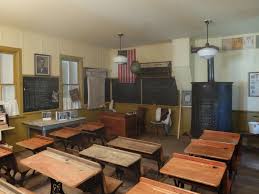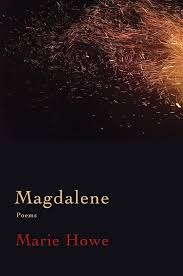
For a successful poem, sometimes a snapshot in time is all it takes. You don’t even need to get into narrative beginnings, middles, and ends, because your poem is that brief, almost like something you’d drive by, briefly take in, and draw your own conclusions about.
In a way, writing about a brief moment in time is akin to ekphrastic poetry. Recalling the picture from memory hits you emotionally, so you ask yourself, “Why?” Answering that “why” is the trick.
For starters, the first line has to jump right in. No needless exposition, thank you. No clearing of the throat before you get to the important stuff. This is a snapshot in time, after all. Just get to it.
Then, the necessary details. The descriptive elements you have taken the time to trace to your own emotions. Concrete is always the driver of abstract, after all, but connecting the dots requires both honesty and careful thought. It also requires deletion of superfluous elements as you revise your work.
Here, in Joseph Mills’ poem, the opening line provides essential information to the meaning of the last. That’s economy. It also bridges the man’s situation—a wife with a terminal illness in the hospital—with the snapshot described—a quick game of catch with the fatherless boy next door.
Keep your eye on the tennis ball they’re tossing, though. It’s more than a tennis ball, and because it’s more than a tennis ball, it’s a poem. A successful snapshot-in-time poem.
Catch
Joseph Mills
She’s been in the hospital a week,
this time with no improvement,
and I’ve come home to shower,
change clothes, and feed the dog.
As I’m about to get back in the car,
the boy next door, whose dad left
years ago, asks if I’ll play catch,
and I agree because it’s something
I can do. We toss a tennis ball
back and forth in the driveway;
after awhile his mother comes out
with two beers and a juicebox.
She watches, without speaking,
because we have known each other
a long time, and, as it gets darker,
the ball seems to become lighter,
floating through the gloaming.
Maybe I should say it looks
meaningful, like a radioisotope
or a pill, but I’m not thinking
anything like that or about how
we probably look like a family
to passersby. I’m not thinking
at all. I’m just swinging my arm,
grabbing and releasing yellow,
slowly becoming indistinct.



